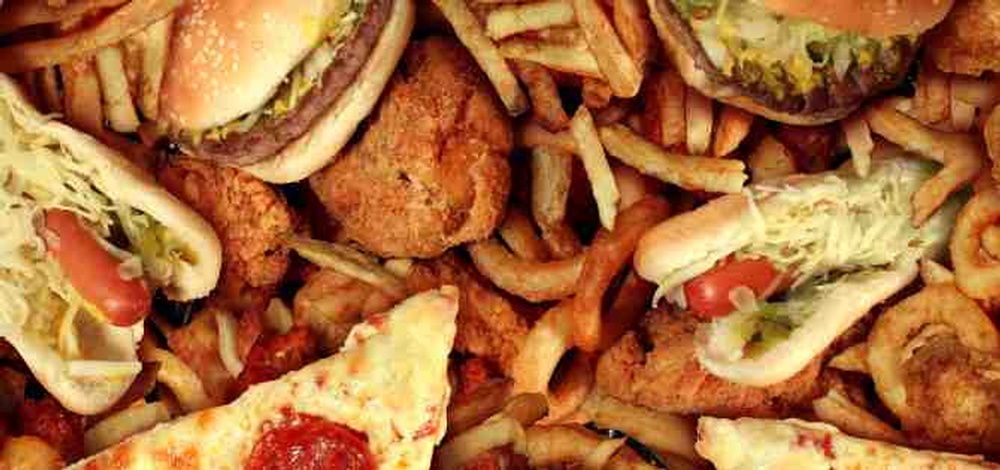Food for Depression – A Naturopathic Approach
- Tara Andresen
Categories: Acupuncture Treatment Blood Sugar Management Digestive Issues Dry Needling Healthcare Practitioners IBS Toronto IBS Treatment Licensed Naturopathic Doctor Massage Therapy Naturopath Naturopath Toronto Naturopathic Clinics Naturopathic Consultation Naturopathic Medicine Naturopathic Products Naturopathy Pain Management PCOS Treatment SIBO Treatment Skin Treatment Stress Management Weight Management Women’s Health Treatment

Dietary Changes Do Impact Mental Health
This time of year can be hard for people who are at risk for depression. There are a number of treatment options that naturopath’s can improve mild to moderate depressive episodes. Following a holistic approach, a naturopath will look at diet, lifestyle and supplementation options to lift mood. In this article we look at diet changes that can improve depression.
Common symptoms of depression include sadness and a decrease in motivation that last consistently for longer than two weeks and cause significant distress and disturbance in function. Other signs include irritability, social isolation, disturbed sleep, feelings of hopelessness and decreased concentration. There are multiple factors that can trigger depression including a variety of emotional, social and environmental aspects as well as genetic vulnerabilities. Treatment is multifactorial and focuses on biochemical imbalances in neurotransmitters. These neurotransmitters include serotonin, norepinephrine, GABA and dopamine.
Naturopathic treatments attempt to restore neurotransmitter balance and as a result improve depressive symptoms. Typically, diet changes are introduced to support neurotransmitter production. To increase serotonin levels with foods, it is important to eat foods high in the amino acid tryptophan, but tryptophan must be consumed along with adequate carbohydrates to maximize the amount that actually crosses in to the brain for serotonin production. Tryptophan is a small fraction of the amino acids in protein (1%) and unlike other amino acids needs support from carbohydrates to cross into the brain from the blood stream. If consumed without carbohydrates, other amino acids will block tryptophan from getting into the brain. Ideally, tryptophan should be consumed first, followed by carbohydrates and avoid factors that inhibit serotonin production (ex. excessive caffeine).
Which carbs are best though? Simple carbs or complex carbs? Simple carbs include refined grains, fruit and sweets. While these sources of carbs will raise serotonin the quickest, the effect only lasts 2 hours. This is not a good strategy for overall health and serotonin maintenance. Complex carbs contain starches and fibre that breakdown more slowly and should result in a longer lasting, more consistent serotonin boost. Examples of these foods include: lentils, beans, squash, sweet potatoes, oats, brown rice, carrots, whole grains.
Tryptophan foods include the following: turkey, fish, eggs, beef, and duck. Remember that tryptophan foods consumed without a carbohydrate will not have a significant effect on serotonin levels. This does not mean that a high carbohydrate diet is the answer but some complex carbohydrate consumption following protein consumption is indicated for those suffering from depression.
To find out more about natural treatments for depression, book your appointment with Dr. Andresen at one of her Toronto Naturopathic Clinics.